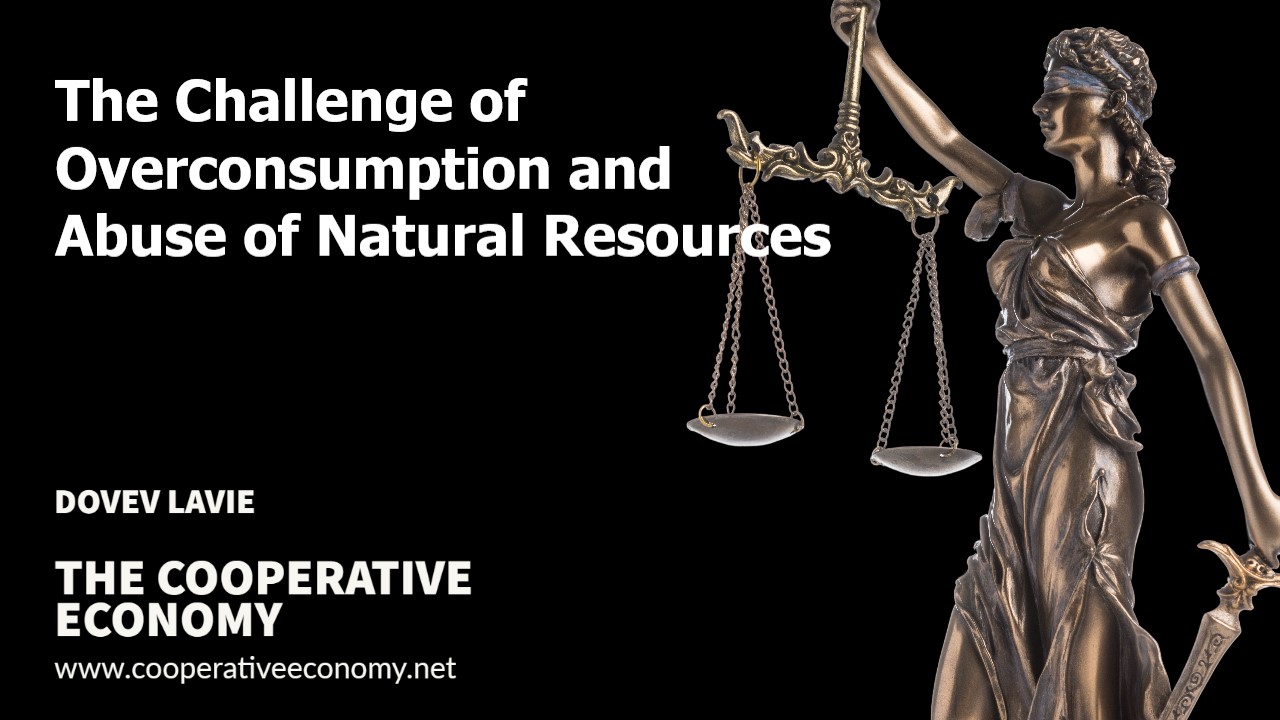
With their relentless profit-seeking, firms have not only exploited stakeholders but also abused our planet’s natural resources by leveraging advertising that spurs overconsumption. In the past century, the exploitation of raw materials has increased by 650 percent, and the extraction of natural resources has increased by more than 300 percent in four decades. The population of animals declined by almost 70 percent during that period, in which the land, air, sea, and rivers have been polluted, with global warming prompting natural disasters. And while a quarter of produced food is wasted, in deprived regions, many experience hunger. Consumers have also done little to change their habits and become more mindful about the unfortunate consequences of their lifestyles. At the current rate of consumption, by 2050, 2.5 planets will be needed to supply demand.
It is mostly the affluent nations and individuals that overconsume, restricting the availability of finite natural resources to others. Firms have trained us to consume to satisfy emotional desires rather than physical needs, but happiness is beyond reach for those falling into this trap. Many firms proudly exhibit their environmental peacock feathers, only to lure consumers with their greenwashing to make extra profit. Some firms have improved their production processes by incorporating alternative energy sources and recycling. But although such supply-side initiatives have been fostered by regulation, responsible consumption has not. Responsible consumption and voluntary simplicity remain slogans, and no consumption caps have been set by policymakers. Reducing consumption is likely to restrict consumers’ utility and firms’ profits while jeopardizing the economic growth of nations, so all stakeholders have a shared interest in enduring overconsumption. Thus, by 2030, with the exhaustion of natural resources, shortages and catastrophic weather conditions are likely to become more prevalent.
It is time to consider a new approach to cope with the overconsumption and abuse of natural resources. I discuss such an approach in my book The Cooperative Economy. For more information visit the book’s website.

